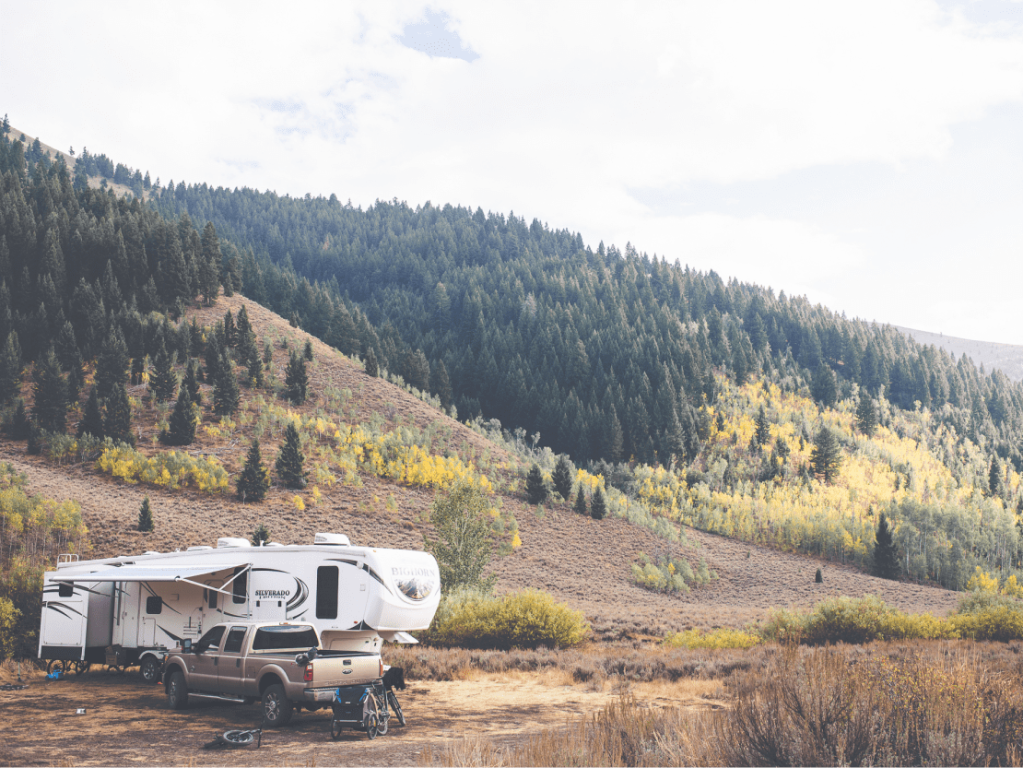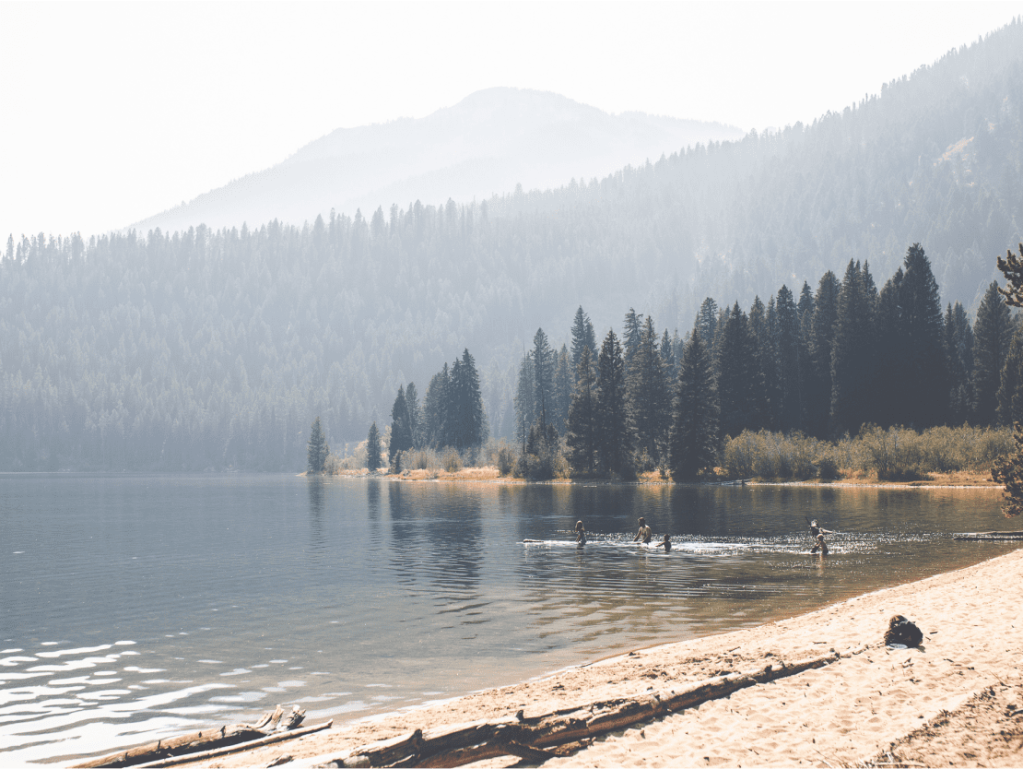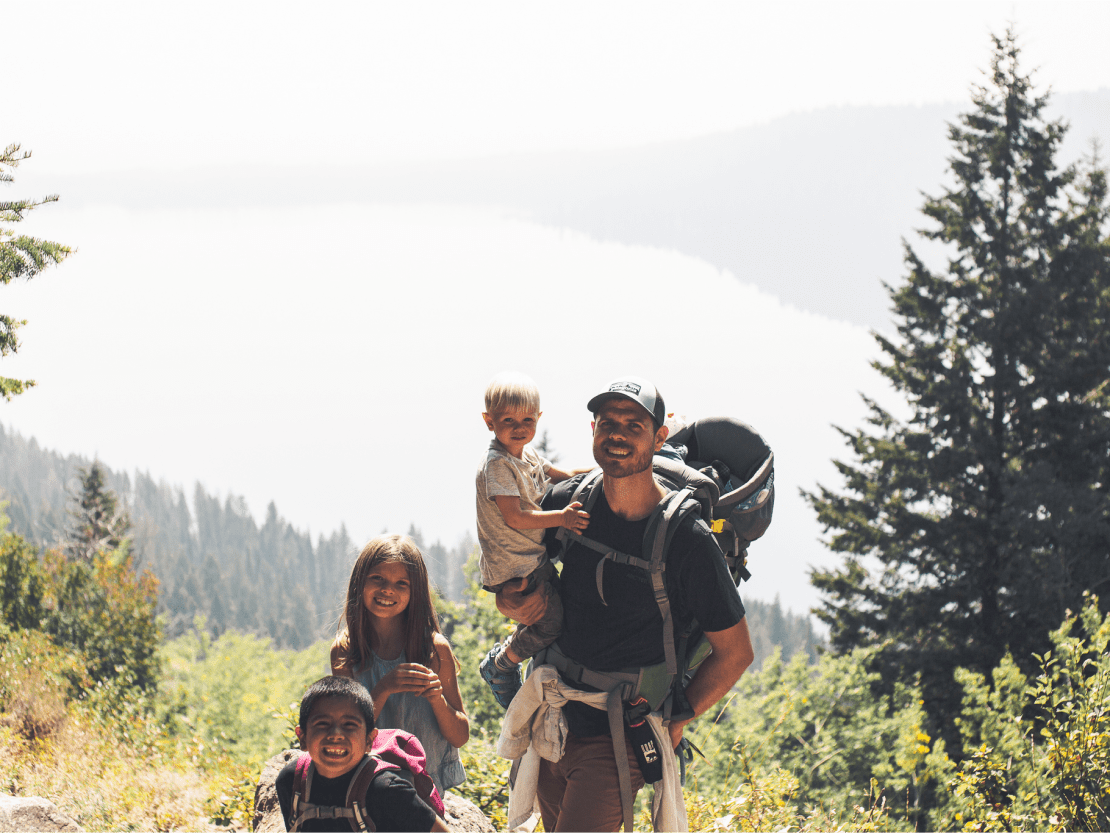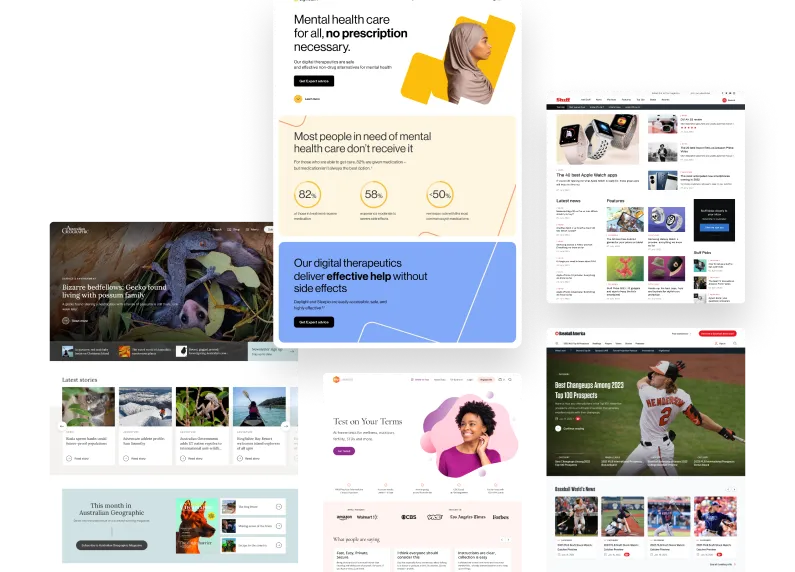Business, or pleasure?
Both!
As the fast-tracked evolution of remote work continues, the age-old conversation of what to call this thing rages on, but there’s more clarity now to the objective than ever before. Whether your company calls it telecommuting, WFH, offsite, remote, distributed, work from anywhere, the concept remains the same… location independence.
Let’s face it. What is happening now, for most of us around the world, is not business or pleasure as usual, but it’s setting the stage for the normal of the future. Things like vacations, home offices, travel, and work, are all being adapted to the current circumstances. With the ubiquitous adoption of remote working, vacations may never look the same.
In the fall of 2020 I took an 8-week road trip with my family. When people ask me how I could afford to take 8 weeks off of work, I’m quick to let them know that I can’t. I’m not wealthy by any stretch of the imagination. I don’t have a steady stream of passive income. Like most of us on this planet, I trade the value of what I do or make to pay the bills.
Unless your employer has a generous Paid Time Off (PTO) policy, an eight-week absence from the workplace is next to impossible. Or, is it?
When it comes to remote worker profiles, there are usually 2 camps, there may be others, but for the most part…
- Digital Nomads – There is no home base. Exotic locations and travel are the norm and lifestyles are built around mobility.
- Work From Homers – There’s no place like home. The home office is the focal point and lifestyles are built around the home and its inhabitants.
What happens when a Work From Homer gets the Digital Nomad itch? Enter: Workcations.
When location independence is a thing, business and pleasure don’t have to be such strangers. With a little calendar gymnastics, careful itinerary planning, and personal flexibility, a working vacation could be just what the doctor ordered, for yourself and your crew.
Disclaimer
There’s no right way to do this. There are some wrong ways to do this. Every role is different and there’s no such thing as a one-size-fits-all approach. Here are some tips and tricks from my experience to help you make the most of your workcation and avoid some common pitfalls.
Unless you’re going to spend a little of your PTO to create more space for having fun, you’ll need to plan on the same level of commitment to your employer or clients. Here are a few strategies that I employed to make for a successful 8-week trip while making memories with my wife and children. Just how you do this will largely depend on your role responsibilities and client or employer expectations… adjust accordingly.
Scheduling
- Push synchronous responsibilities away from the weekends. By eliminating meetings and immediate response expectations from Mondays and Fridays you’ll add more flexibility to your schedule.
- Think about timezones. Is that 9 AM standing client-facing meeting are still going to be at 9 AM or are they going to be at 6 or 7 AM? If you’re traveling East to West, be sure to re-arrange your meetings, or be prepared for an early morning encounter.


Workspace
If the office you’re used to is your home office, the prospect of figuring out just where to work can be a daunting task.
- Outdoors can work, but there are a couple of things to keep in mind.
- It’s not reliable. Let me rephrase that. Nature is reliably unreliable. Temperature, weather, light and sound, are all elements outside of your control. So, while working poolside or at the picnic table can be a great spot for that Zoom meeting, it can also turn into an uncomfortable, unsafe, or at a minimum distracting workspace in a hurry.
- If you’re staying in a hotel or Airbnb, there’s usually somewhere indoors that provides basic shelter and internet connection. If like me, you’re traveling in a camper with small children, the inside of your lodging accommodation just isn’t a viable workspace. Look for campgrounds with an indoor option to sit and plugin while you work. It doesn’t have to be a ‘business center’ to be a functional workspace. In fact, I can tell you from firsthand experience that a laundry room facility in a quiet campground works quite well.
- If your workcation is going to be more of a primitive experience centered around tents, nature, or a camper van, consider adding an uninterrupted power supply (UPS) to your inventory. Our home offices never have a shortage of electricity, but if you’re off the power grid, nothing kills productivity like a dead battery.
Lastly, think about how your location is going to impact anyone you’ll be meeting with. I’m not a big fan of virtual backgrounds, but does the work environment (like a laundry room for example) require you to use one in order to eliminate distractions for meeting attendees? Will the sound of background music or neighboring conversations be a distraction for those trying to listen to you? I found Krisp to be incredibly valuable and effective in eliminating auditory distractions from my meetings while frequenting coffee shops, diners, laundry rooms, and picnic tables across the Western United States.

Connectivity
Few things are more frustrating than having to struggle through a poor connection while trying to be productive or host a video conference call with client stakeholders. Since the most beautiful landscapes on Earth, most appropriately, are often in the most remote locations the issue of connectivity is a real one for workcationers. Here are a few ways to minimize stress.
- While WiFi isn’t too hard to find in an urban area, it can be a proverbial needle-in-the-haystack in rural places. Leaning on a personal hotspot via cellular data might be the only option you have in some places. Check with your mobile service provider about temporary options for increasing your data plan for those occasions where WiFi just isn’t available. If you’re a freelancer or contractor, you might find a business plan that gives you more data for less dollars. A personal hotspot has bailed me out of a tight spot on more occasions than I care to admit.
- Don’t trust the WiFi. Just because a campground, hotel, or establishment tells you it has free WiFi, that doesn’t mean that it will be reliable or adequate. Having a backup plan such as your hotspot, or alternate location in mind is always a good idea.
- Find the places that serve up the best Wifi. There’s more than 1 campsite I chose based on “free high speed wireless internet” claims that didn’t live up to the hype. I also found some chain establishments that fell short of expectations. Here’s a shortlist of my go to places that are generally up to the task. Feel free to be a patron, not just an internet bum.
- Starbucks
- Libraries
- McDonalds
- Burger King
- *big surprise* Albertsons Grocers (It’s a long story)
- Consider remote-friendly communities. You might be surprised to find out that there are physical communities in close proximity to wonderful vacation spots that are serving up great resources for remote workers. You might consider a few of these destinations for your next workcation.
- Las Palmas, Grand Canaria, Canary Islands
- Traverse City, Michigan
- Dubois, Wyoming
Have Fun!
The most important thing to remember about a workcation is that it’s not only work, and it’s not only a vacation. Feel free to work hard, but don’t forget to play hard. A workcation can open up locations that have historically been too far away for a long weekend or even a week-long trip. You can spend more time exploring a new exciting place than ever before, but you’ll miss the benefits if you don’t build in the time to be offline. Give yourself the permission to shut off notifications, log out, and have a blast. Make some special memories that will make the journey worth the effort.
Have you taken an extended workcation? Where did you go? Are you part of a community that wants to attract workcationers or other remote workers? We’d love to hear from you!


